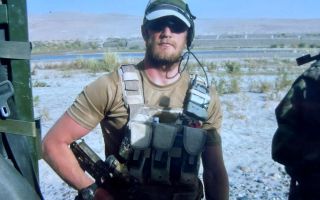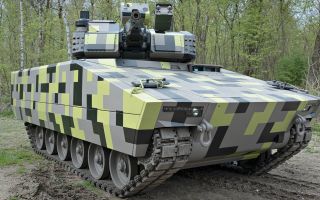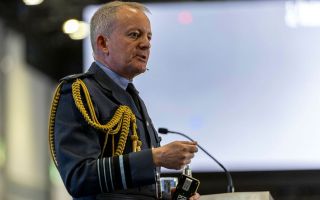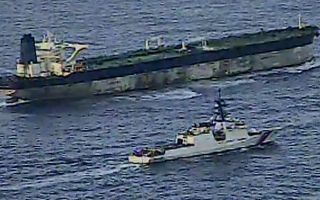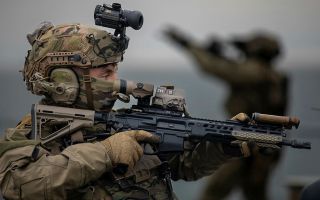Great British Battle Commanders and the six reasons why they were a success
Commanders come in all personality types.
Some are natural warriors and lead from the front. Indeed, some embody psychotic violence and appear to enjoy it.
Some are reluctant commanders and seem to want to share the risks and key decisions with others. But most rise to the level of responsibility to be a "battle commander".
Some are more successful than others and some luckier than others as they commit their troops to kill and be killed, to injure and be injured, to terrify and be terrified, all in pursuit of some cause they aim to attain by violent means.
Successful command embodies some timeless leadership tasks. All commanders have to shape the attitude of their troops to fighting, to steel them to the struggle.
Commanders therefore have to embody some legitimacy in the eyes of those they lead. This might arise from their inherited nobility or their own capability as a warrior.
In the modern world, commanders more commonly have legitimacy conferred on them though rank.
But legitimacy is not the same as respect, and all commanders instinctively know their ability to command successfully derives from respect.
Commanders don’t have to be liked by their followers, though some of them certainly are. But even inaccessible and unlikable commanders will want to garner the respect of those they lead by being seen as effective winners.
In this way, Alexander the Great was tested by the same personal standards as a Wellington or a Montgomery.
They had to identify themselves with something worth fighting and dying for and – through their own very different personalities – lead their troops into following them willingly with courage and resolve.
That's why "command" is something special. It's so much more than mere "management".
Even "leadership" on its own doesn't really capture the essence of it. Committees can offer leadership. But only individuals of flesh and blood and imagination can be commanders.
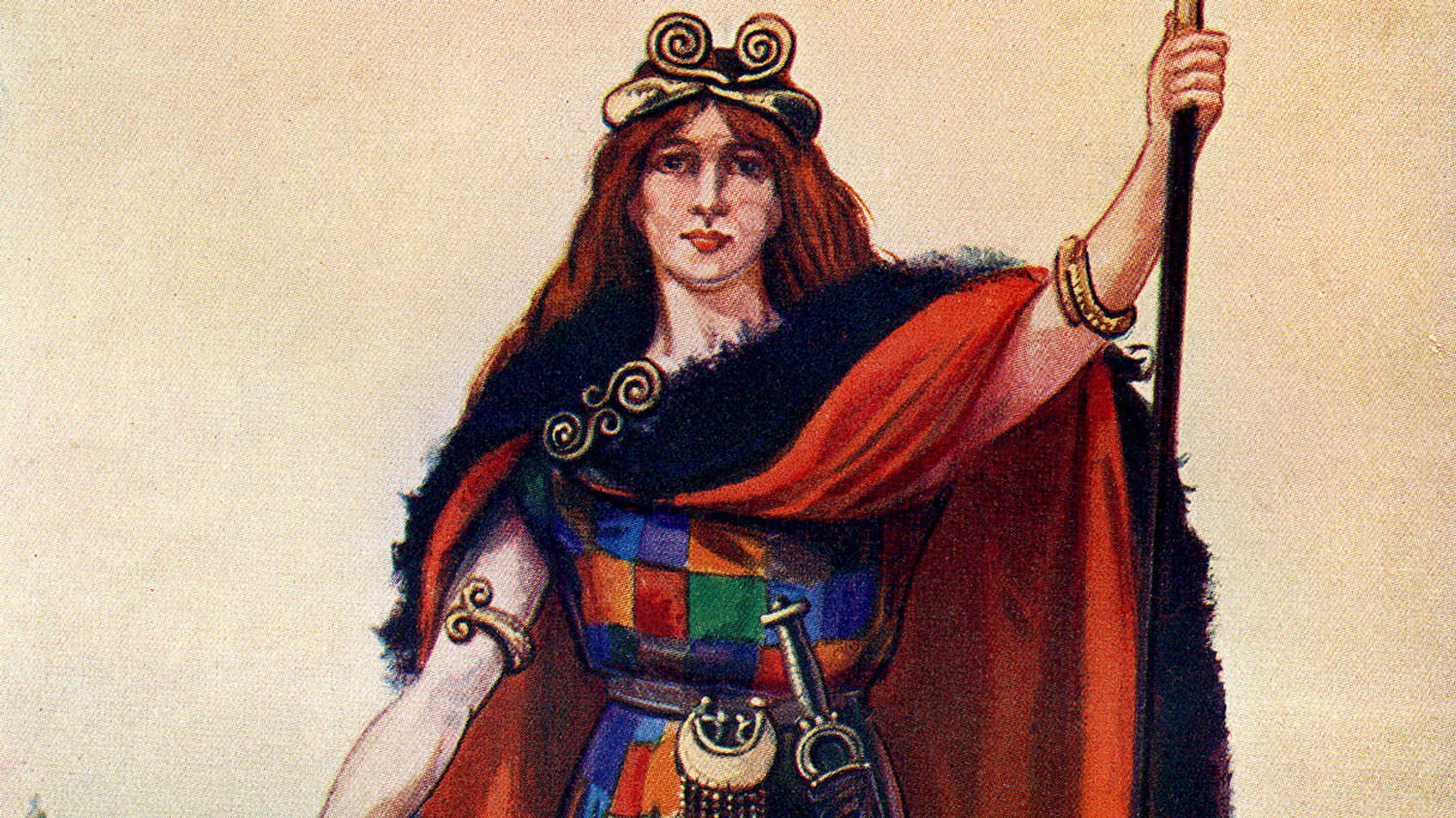
My book, Great British Commanders, looks at 33 different military leaders from Boudica in 60 AD to Bomber Harris in 1945.
In BFBS's podcast series Great British Battle Commanders, I discuss a few of them in more detail with a key specialist in each case.
None of these commanders were successful all the time. They all had their failures. But the best of them learned. And what they learned from their purple patches of success was surprisingly consistent.
One is the virtue of incisive decision-making. Indecisive and tentative commanders create confusion and despondency among those around them.
Of course, commanders may have good reason to watch and wait, keeping several options open for as long as possible.
But when the moment comes to decide, they must be clear and confident in their choices and convey that to their followers.
King Stephen and the Empress Matilda, who fought each other for years during "the anarchy’"of the 12th century, were both courageous in their own ways, but indecisive and capricious at key moments.
In the Crimean War, Lord Raglan excited affectionate pity among his staff as he struggled to grip events and control the wild inadequacies of some of his subordinate commanders.
His leadership style was consultative but tentative, while his orders were frequently ambiguous.
The whole Crimea campaign drifted into a miserable political stalemate. Marlborough, Wellington, Nelson and Montgomery, by contrast, were all known for the incisiveness of their decisions.
They were not always right – but their orders were never less than crystal clear. Their troops and sailors always knew what was expected of them as they went into battle.
Another virtue is the force of personality.
Commanders exhibit the same multiplicity of character traits as everyone else. Some are extrovert, some introverted, some thoughtful with a rich intellectual hinterland, some single-minded warriors with little but war on their minds.
Successful commanders don't try to be someone they're not. Followers are intrinsically interested in the person leading them and quickly develop a pretty accurate picture of their leader's personality.
Horatio Nelson was a commander who – eventually – attracted the love of all who followed him. Nelson's men performed excellently when it was most important.
Kitchener and Haig, by contrast, were distant from their troops – both imperious figures who made no attempts to be soldiers' soldiers, despite their own personal accomplishments in battle.
They attracted natural respect, although little affection until later on. But that was enough to make them effective at the time.
The same might be said of Hugh Dowding and 'Bomber' Harris; distant and technocratic commanders during their key strategic campaigns, but displaying judgements that were trusted at the time and then loudly applauded by their followers afterwards.
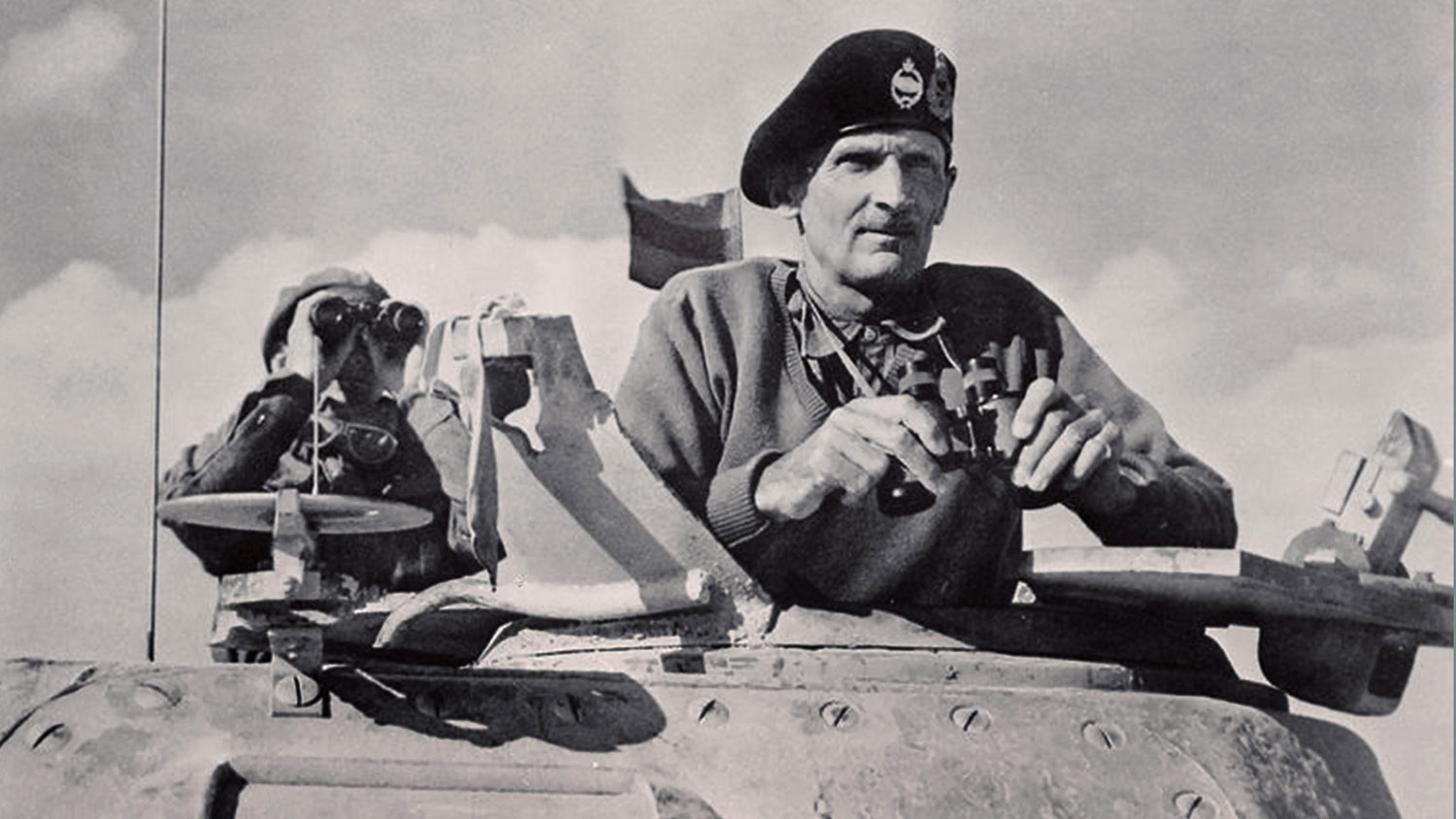
In being "themselves", commanders have to be the best version of themselves to others.
Wellington's armies knew that the Duke was shrewd, cunning and methodical, not naturally charismatic, and they respected those qualities in him.
Montgomery was criticised by many as a cynical "performer" in front of his troops, but that's unfair. His charisma with them flowed from his own genuine self-confidence and his certainty of success. It was at least one genuine part of his otherwise unattractive personality.
Bill Slim became charismatic to the troops of his "forgotten" Fourteenth Army in a quite different way; modest, unassuming and just as certain and reassuring that events would work out as he planned. That was his best version of his stocky, tough, thoughtful and reliable self.
A third personal virtue observed in commanders during their successful years might be described as emotional military intelligence – to be distinguished from most people's understanding of emotional intelligence – as that which helps a military leader be a successful mass psychologist among his or her followers, with an instinct, too, for what is likely in the minds and hearts of the enemy.
Montgomery is an excellent example of this very particular type of intelligence.
His natural emotional intelligence appeared to all who knew him as very low. He was rude, tactless and insensitive, without generally realising it.
But in military terms, he had something special.
He knew from his own battle experience what soldiers could and couldn't achieve. He knew, too, that he was leading a conscript army, not a force of professional soldiers, and there was only so much any general could expect of them.
He firmly believed that in principle there were no bad soldiers, only bad officers.
Among Britain's Plantagenet commanders during the Hundred Years War, Henry V stands out as a remarkably charismatic commander who seemed to have a great deal of emotional military intelligence.
If Henry's overall strategies were somewhat deficient, his understanding of his army, of how and why they fought for him, was evidentially quite acute.
So, too, was Oliver Cromwell's. In 17th century Britain, Cromwell tapped into a wellspring of religious loyalty to the cause of God-fearing freedom that allowed him and Thomas Fairfax to create – briefly as it turned out – the New Model Army, which was the most effective and successful army in Europe for as long as it lasted.
A fourth characteristic observed among successful commanders is their organisational ability.
That would apply to any manager of a major scheme or enterprise – the ability to devise policy and see it through.
But in military affairs that becomes a particular challenge, not least because an enemy will be trying to prevent the normal implementation process by forceful and murderous means.
Campaigns and battles are naturally chaotic. No plan, it is said, survives first contact with the enemy.
"Plans", said General Eisenhower, acknowledging that very fact, "are worthless; but planning is everything".
Many commanders have proved themselves intellectually lazy or complacent, or have fatally underestimated their enemy and are easily thrown into chaos and crisis at their headquarters.
Good commanders tend to be meticulous planners, and then good adapters once the fog of war inevitably descends on any battle area.
Logistics are always critical – which is where good pre-planning pays off; and tactical adaptation is always required – which is where intellectual flexibility and trustworthy, rapid, staff work comes into its own.
Duke William (the Conqueror) was good at both throughout his fighting career, and although Hastings in 1066 was not his best performance as a commander, it showed the value of his invasion preparations alongside his ability to think clearly throughout the din of battle.
Marlborough and Wellington were great planners and both showed an attention to detail that kept the implementation machinery attuned to what they had ordered.
They knew, too, that simply issuing orders would not guarantee that something gets done; it was necessary to create staffs who were good enough to understand and share their commander's intent and keep the bureaucratic machinery moving in that direction.
But both could fight very flexibly when the need arose.
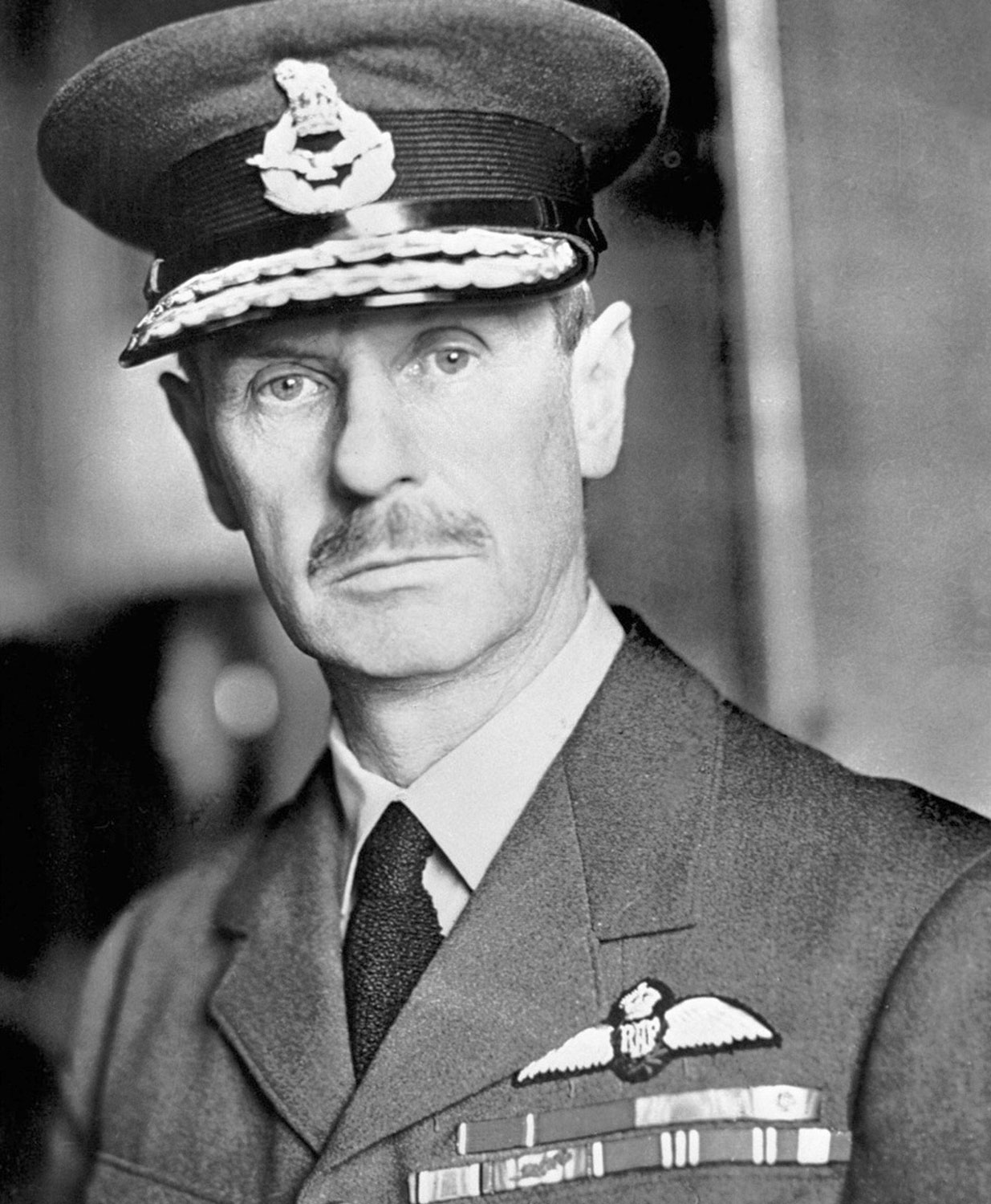
A fifth characteristic required of commanders is that they can adjust their own performance to the appropriate level of command – whether it be tactical, operational or at the highest strategic level.
The first level is all about the immediate battlefield, the second is about the whole area of military operations and the third level is the understanding of the aims and objectives of the conflict itself.
It is evident that successful commanders are able to understand, and perform well, at more than one of these three levels simultaneously.
For all his personal integrity, General John Gort was genuinely accomplished only at the tactical level of command with the British Army in France in 1940 – and sometimes not even then, with all his fussy distractions.
But most successful commanders show a flair for two of these levels – the top two or the bottom two – and the most successful, like Cromwell, Marlborough, Nelson and Wellington, range easily across all three levels – both in understanding them as well as commanding efficiently at each level when required.
It is difficult to overstate the virtue of strategic clarity in successful command.
Whether or not a commander is able to exercise enough military power at the strategic level to affect the outcome, they must nevertheless have a firm understanding of how their level of fighting relates to the ultimate aims.
Even Queen Boudica, fighting the Roman legions in Britain, seems to have maintained a firm grip on her strategy – although it all ended in defeat and tragedy for her and her people.
But other "fighting commanders" in British history often showed themselves remarkably deficient in this respect.
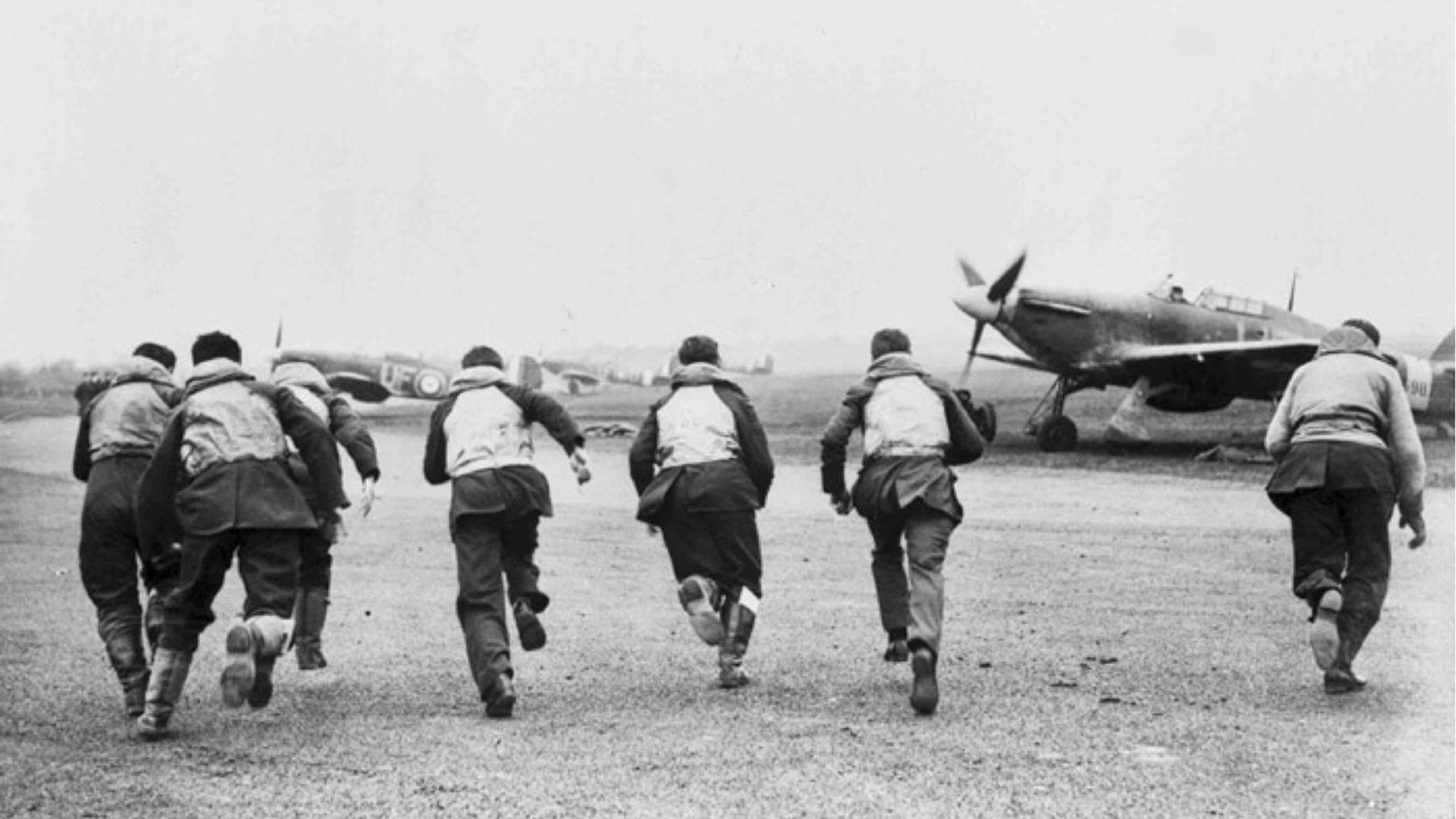
Finally, there is the pervasive role of sheer luck in command.
Almost all successful commanders are lucky to have been at an appropriate age and rank to take command of armed forces when it makes a difference.
Many gifted individuals are too young, or too old, to be propelled into the key command positions when history calls. And many were lucky still to be alive when history called.
So many commanders came close to death in their gallant early years and most carried some serious wounds into later life.
How many brave and gifted individuals – potentially great leaders – one wonders, were not lucky enough to survive their first engagements? We might describe all this as the "structural luck" of the successful commander.
But there is also the even greater element of "contingent luck" in campaigns and battles.
Some accept the critical role of fortune in the outcome. Wellington always said that his troops regularly rescued him from the mistakes he made.
Most commanders recognise that battles are won by those who make the fewest mistakes. Successful commanders find ways to ride their bad luck and are not destroyed by it, and they recognise and ruthlessly exploit their good luck when it occurs in a battle or a campaign.
Not for nothing is "command in war" regarded as an art as much as a science.
Certainly, commanders can and should learn the technical requirements of their role. But the currency of success and failure in war is measured in death and destruction.
Real command over those sort of transactions comes from somewhere deep inside the individual.
You can watch the Great British Battle Commanders featuring Michael Clarke on the BFBS Forces News YouTube channel or listen wherever you get your podcasts.

